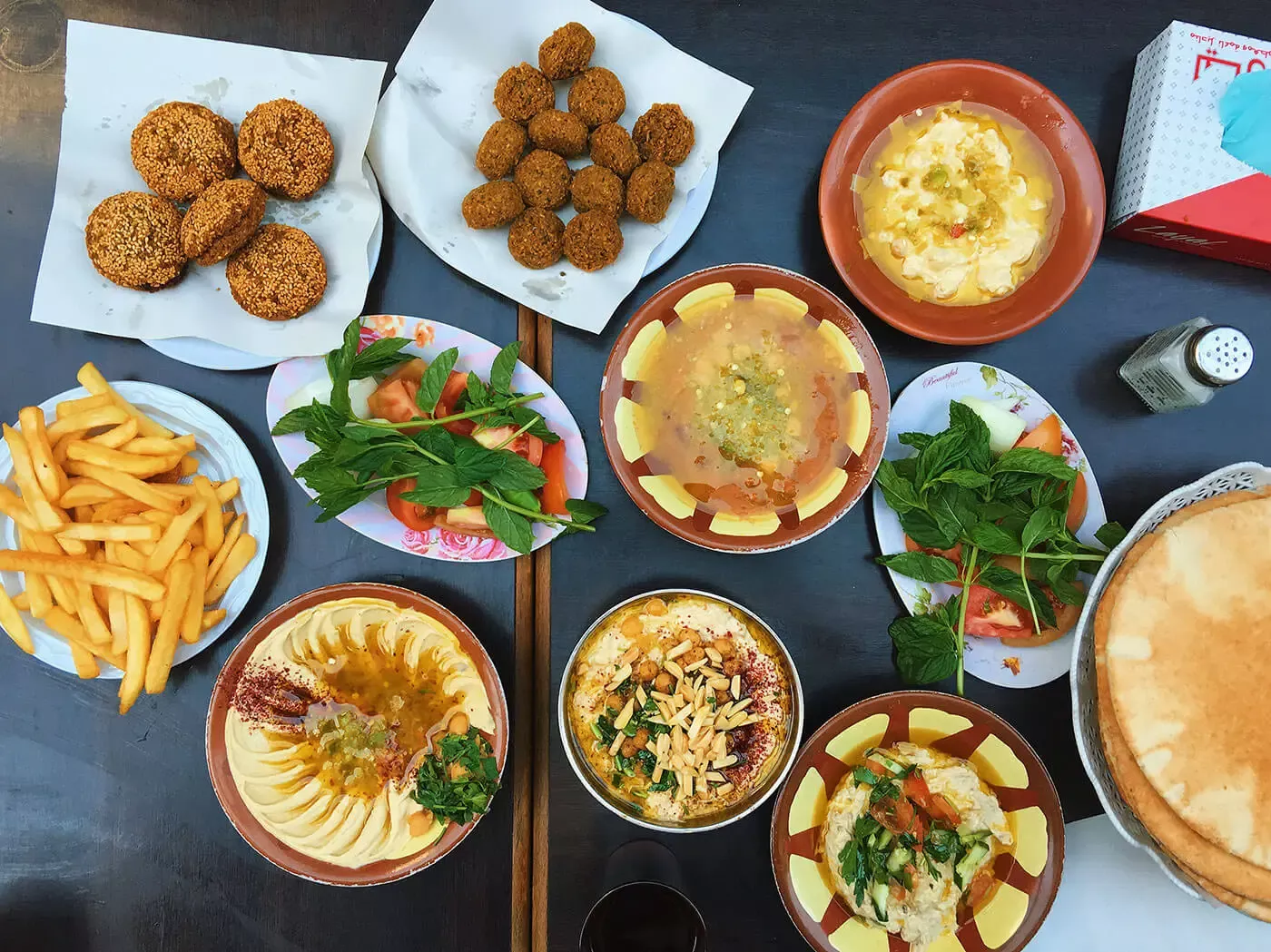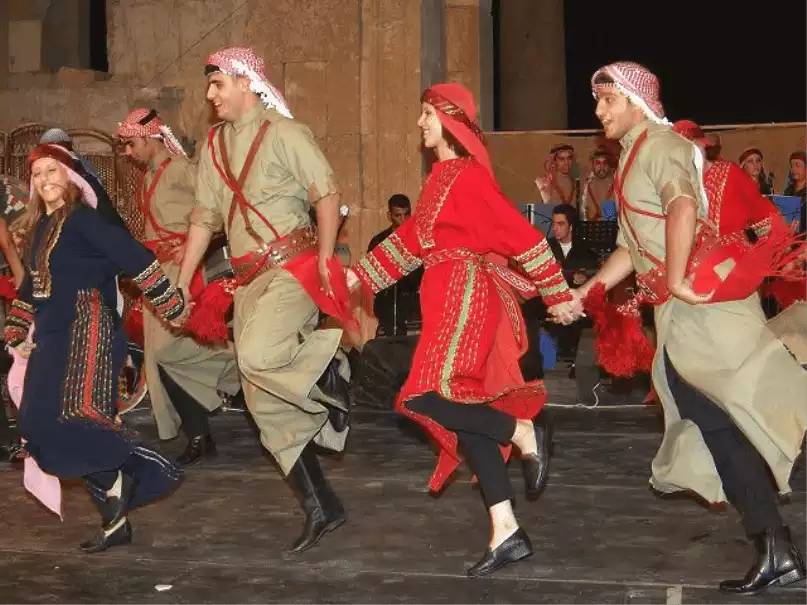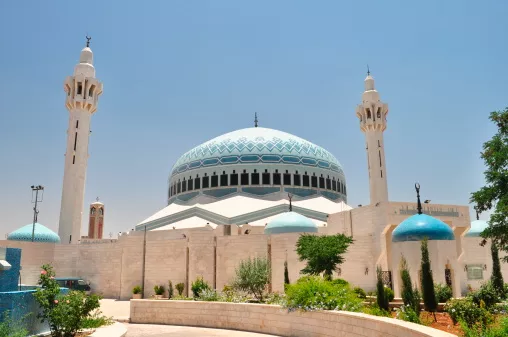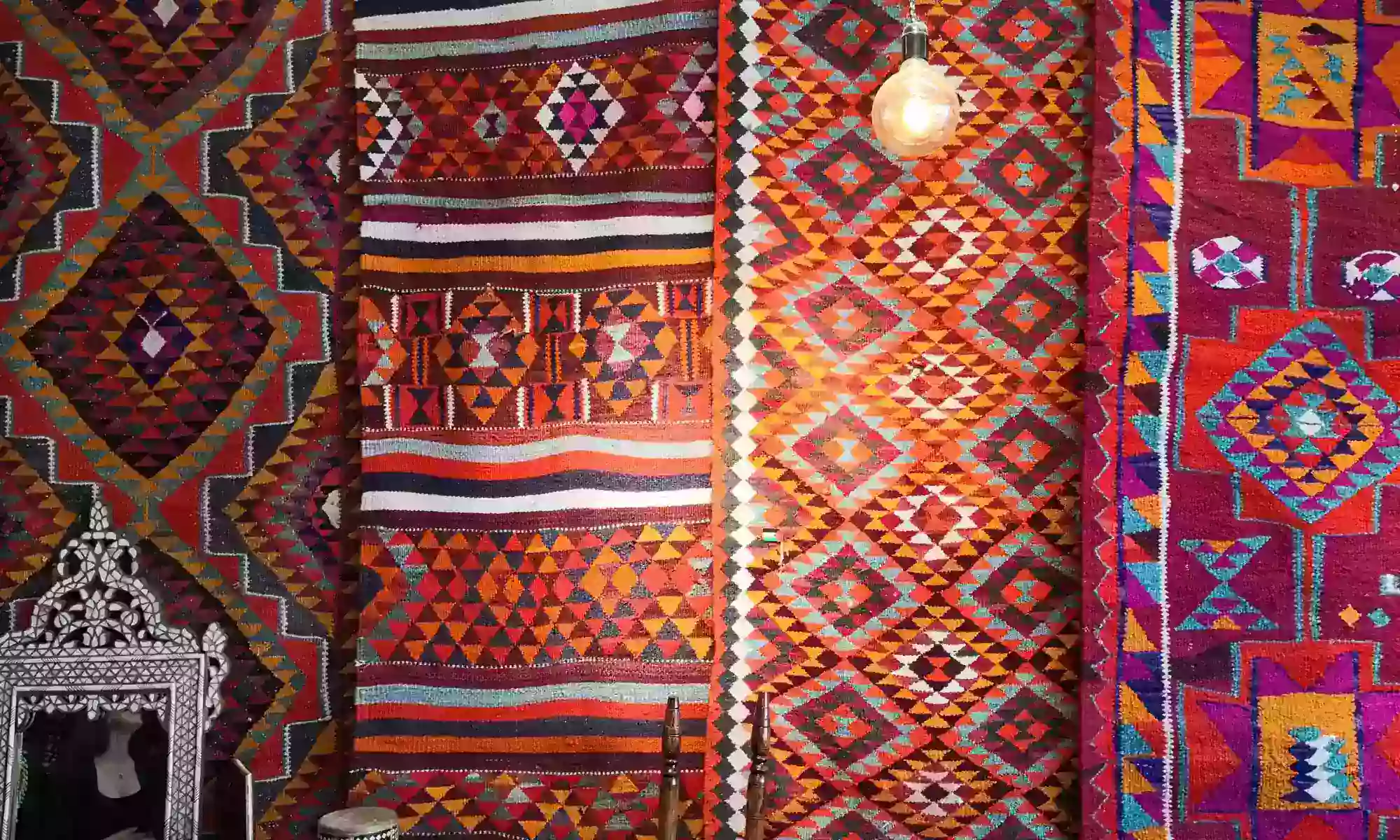Jordan is a country steeped in history and rich traditions, offering visitors a unique cultural experience. From ancient Bedouin practices to contemporary art, Jordan traditions provide a glimpse into the heart of its people and their heritage. Whether you're exploring the stunning Petra or savoring the flavors of mansaf, understanding Jordanian customs and traditions enriches your journey and creates unforgettable memories.
To truly connect with Jordan's culture, it's essential to appreciate its unique traditions, vibrant celebrations, and the warm hospitality that makes it a standout destination in the Middle East. Let’s delve into the traditions that define Jordan's identity and charm
Bedouin Hospitality: A Timeless Tradition
One of the most cherished Jordanian customs is Bedouin hospitality. Rooted in the desert lifestyle, this tradition reflects a profound sense of community and respect for guests. Visitors are often welcomed with traditional Bedouin tea, prepared with aromatic herbs, and treated as honored guests. Bedouins share captivating stories and cultural insights, offering an authentic experience that connects you with their way of life.

Explore : Jordan traditional Hammam baths
This deep-seated hospitality isn’t confined to the deserts; throughout Jordan, you'll find locals eager to extend their kindness and make you feel at home, a testament to the enduring values of Jordan traditions.
Jordanian Cuisine: A Culinary Journey
The culture of Jordan is beautifully represented through its cuisine, a delicious blend of flavors influenced by Mediterranean, Middle Eastern, and Bedouin traditions. Key dishes to savor include:
- Mansaf: A national dish made with lamb cooked in fermented yogurt, served over rice.
- Hummus and Falafel: Staples of Jordanian meals, offering simple yet flavorful delights.
- Baklava and Knafeh: Traditional desserts that provide a sweet ending to any meal.

Experiencing Jordanian food is more than a meal—it's an immersion into the country’s history and traditions, making every bite a cultural discovery.
Dabke: The Rhythm of Celebrations
Dabke, Jordan's traditional dance, is an integral part of weddings and festivals. Performed in groups, this dance involves synchronized stomping, clapping, and energetic movements. It’s a lively expression of joy that unites people through rhythm and celebration.

Visitors can witness dabke performances in restaurants, cultural events, or even join in during local festivals, creating a memorable connection with Jordan’s vibrant traditions.
Exploring Ancient Sites and Rich History
Jordan’s ancient sites offer a journey through time, revealing the country’s deep cultural roots. The most iconic of these is Petra, a UNESCO World Heritage Site celebrated for its rock-carved architecture, including the famous Treasury. Nearby, the ancient city of Jerash boasts some of the best-preserved Roman ruins, from the Hippodrome to the Temple of Zeus.

These historical landmarks are a testament to Jordan’s heritage, inviting visitors to explore the stories and traditions that shaped the nation.
Traditional Clothing in Jordan
Traditional Jordanian attire reflects the country’s heritage and geography. Bedouin men often wear a white or beige robe called a "dishdasha" with a red-and-white keffiyeh, while women don beautifully embroidered dresses known as "thobes." These garments are more than just clothing—they are symbols of identity and culture that continue to be celebrated in festivals and special occasions.
Rich Islamic culture

Jordan also has a rich Islamic culture that can be experienced through its many mosques and Islamic sites. The most famous of these is the Al-Aqsa Mosque in Jerusalem, which is the third holiest site in Islam. Visitors can also visit the King Abdullah I Mosque in Amman, which is the largest mosque in the country and offers stunning views of the city.
The Jordan Museum of Popular Traditions
For those eager to explore Jordan's rich traditions further, the Jordan Museum of Popular Traditions in Amman is a must-visit. This museum showcases artifacts, textiles, and jewelry that narrate the story of Jordan’s culture. It’s an excellent stop for anyone wanting a deeper understanding of the country’s customs and history.
A Vibrant Art Scene
Jordan’s contemporary art scene complements its ancient traditions, offering visitors a fresh perspective on its evolving culture. In Amman, galleries such as the Jordan National Gallery of Fine Arts host exhibitions that highlight local and international talent. These spaces bridge the past with the present, showcasing the creative heartbeat of the country.

Conclusion: Dive into Jordan’s Rich Traditions
Jordan traditions and customs offer visitors a profound understanding of its culture and people. From the warm embrace of Bedouin hospitality to the rhythmic beats of dabke, every aspect of Jordanian life is a celebration of heritage. Exploring the country’s cuisine, ancient sites, and vibrant art scene creates a journey that transcends tourism—it’s an immersion into the soul of Jordan.
Start planning your Jordan culture trip today and uncover the unique traditions that make this destination truly remarkable.


















